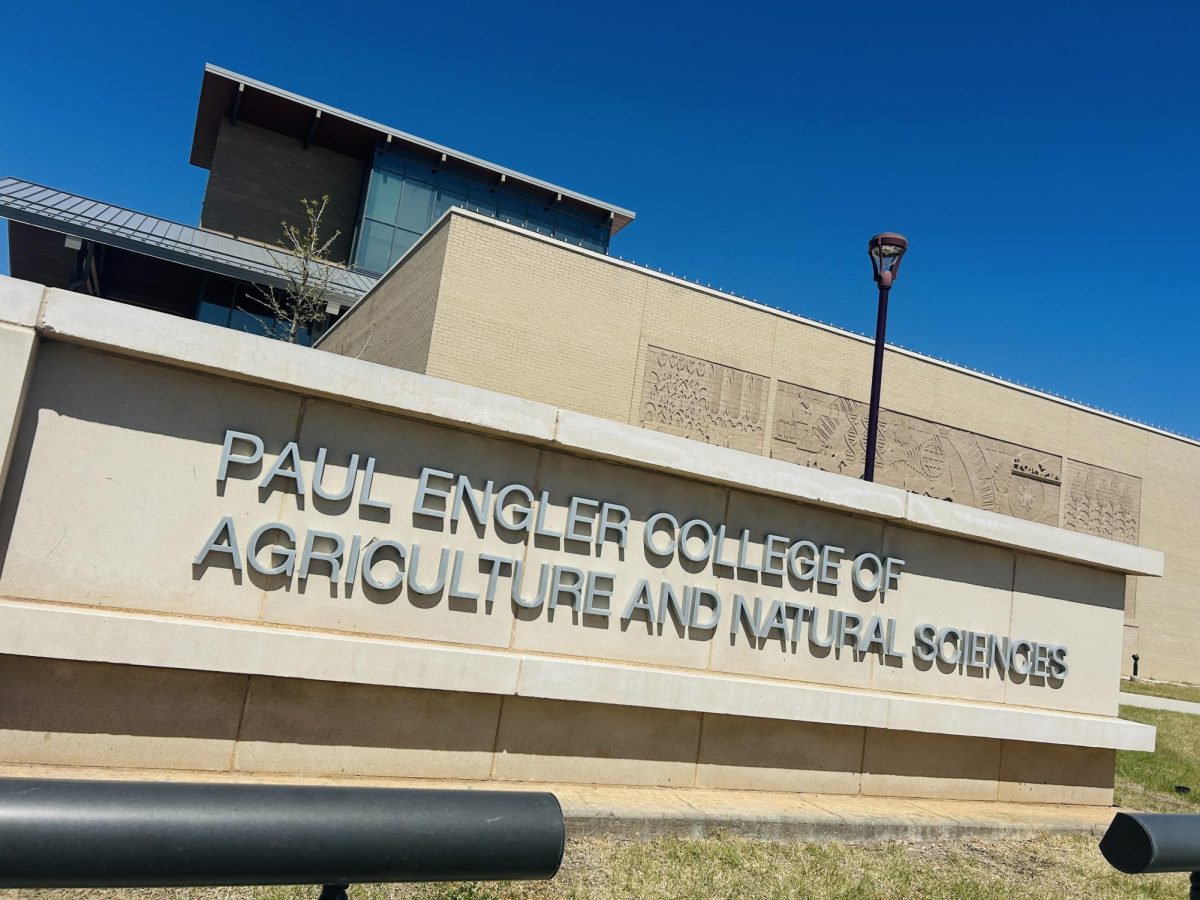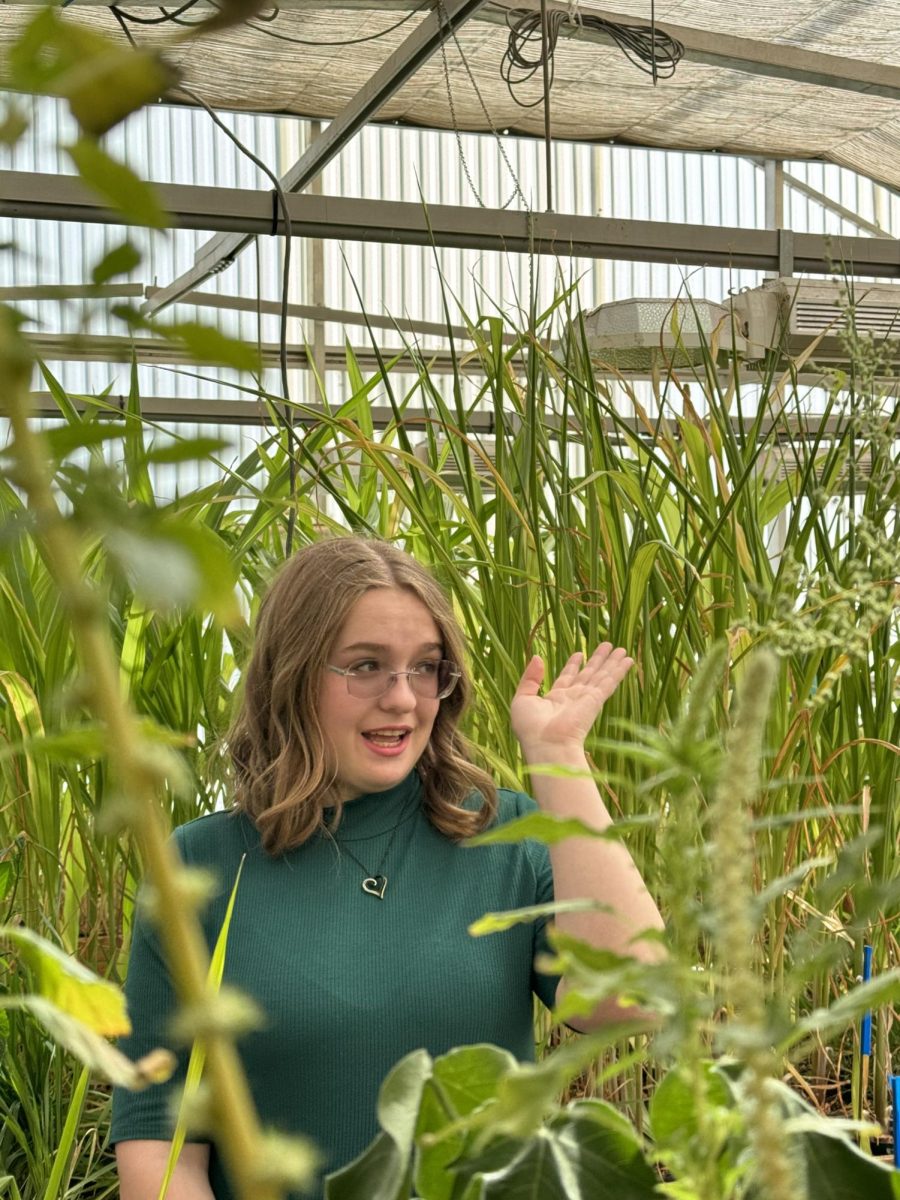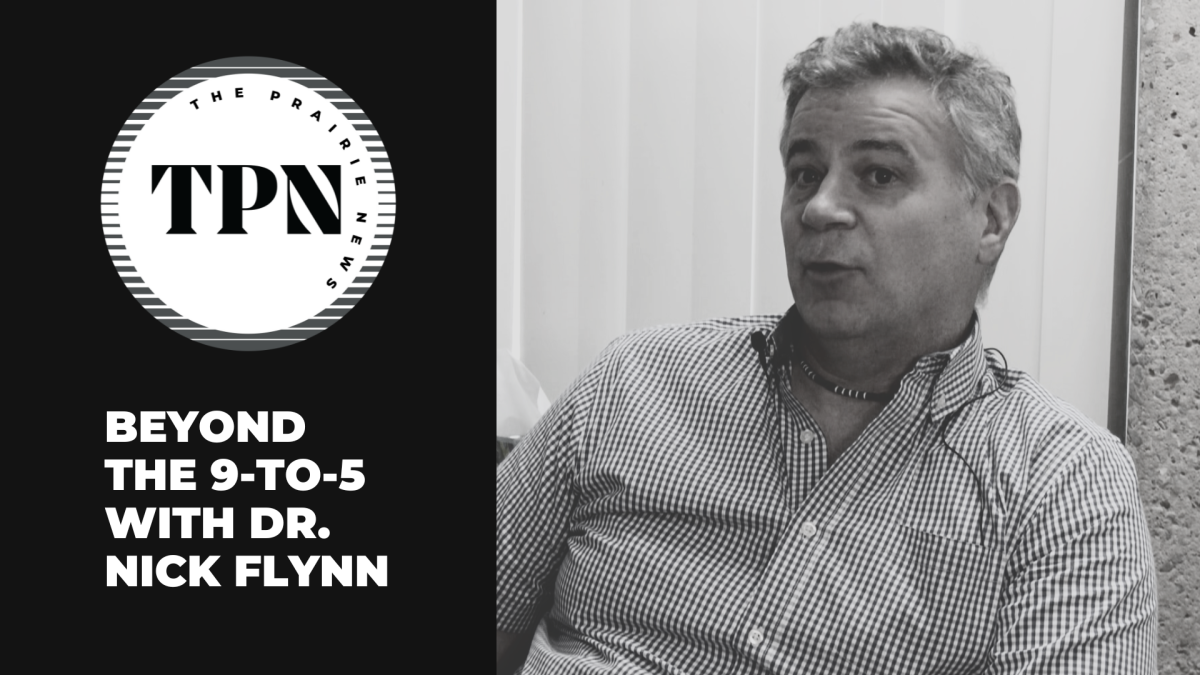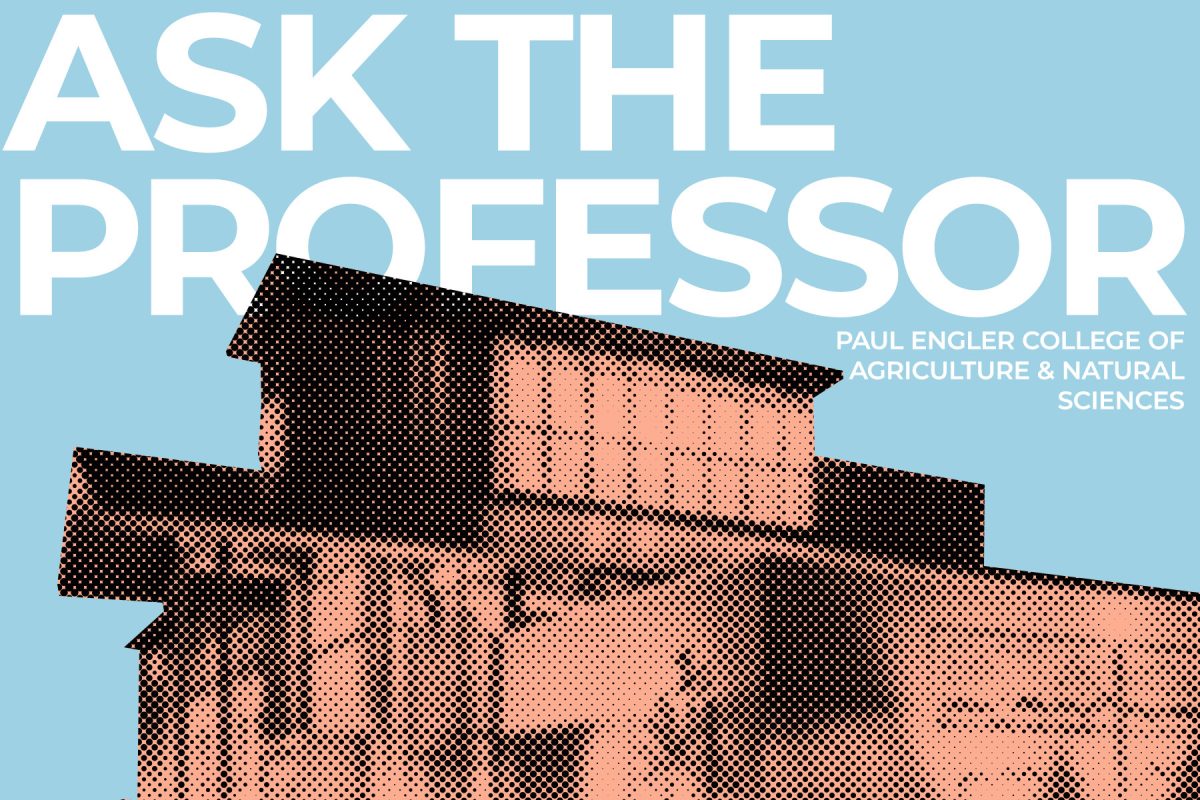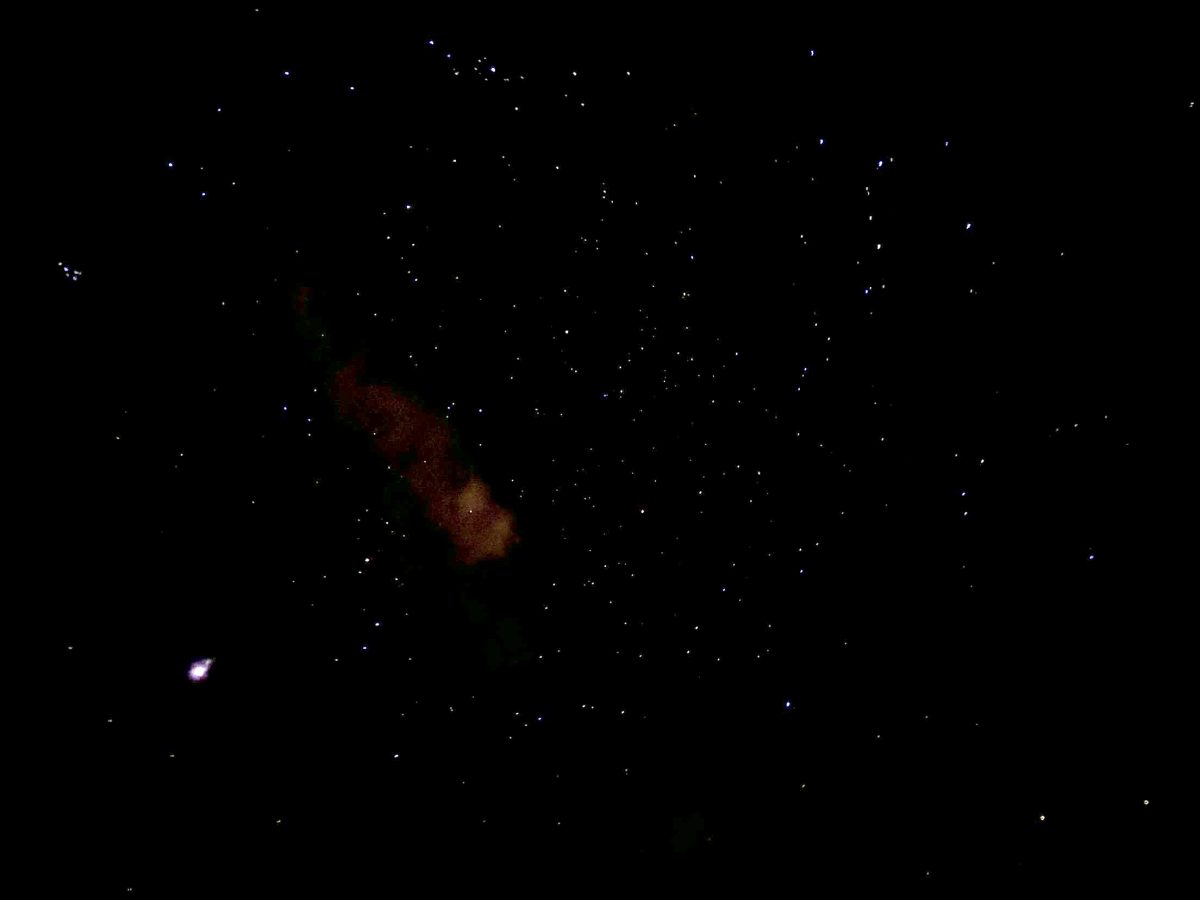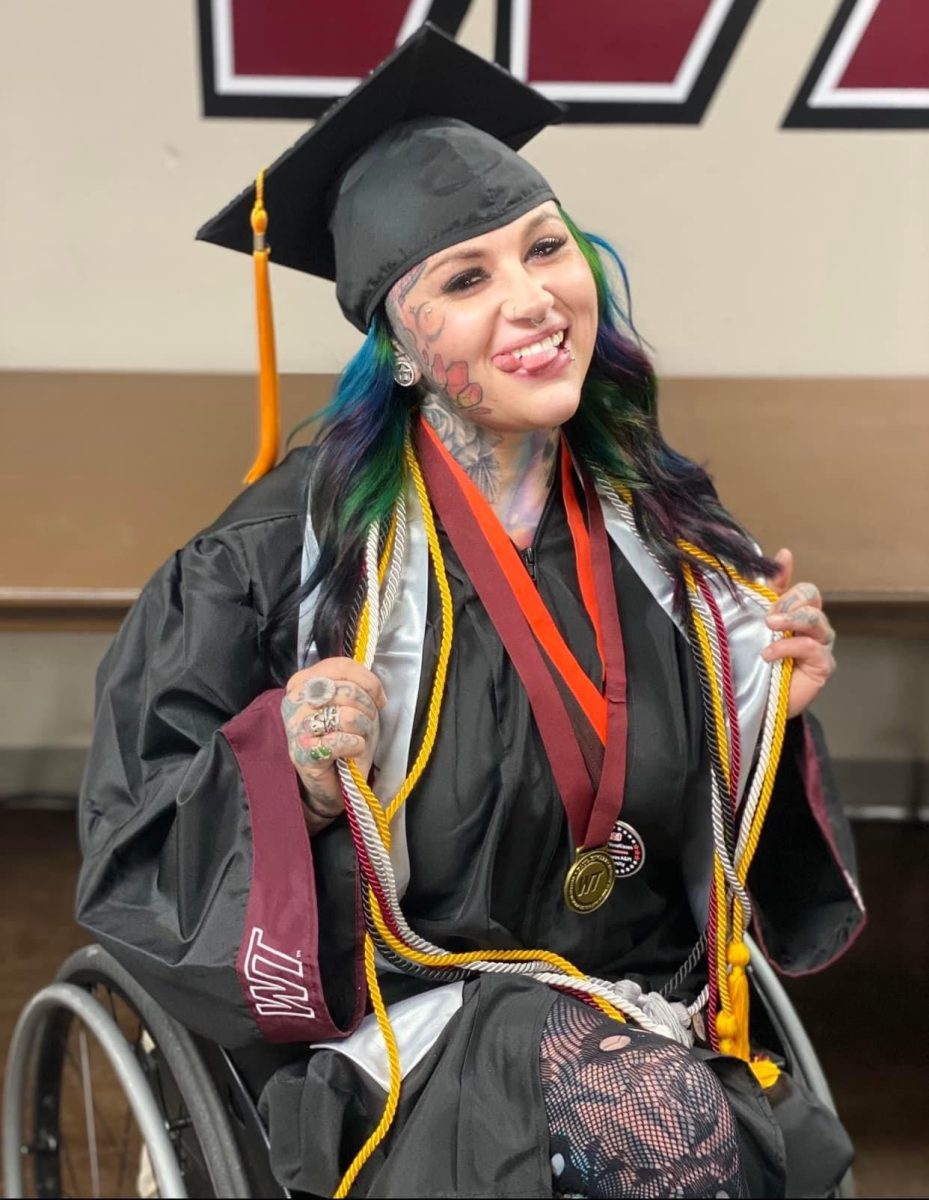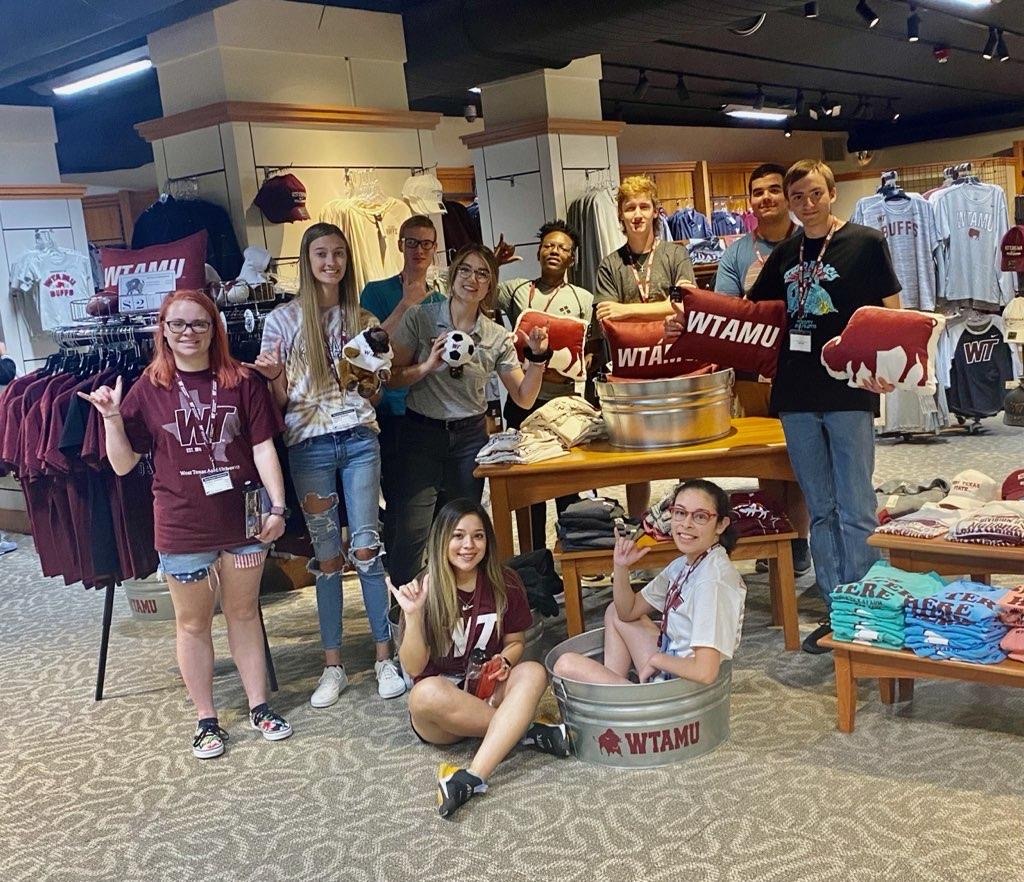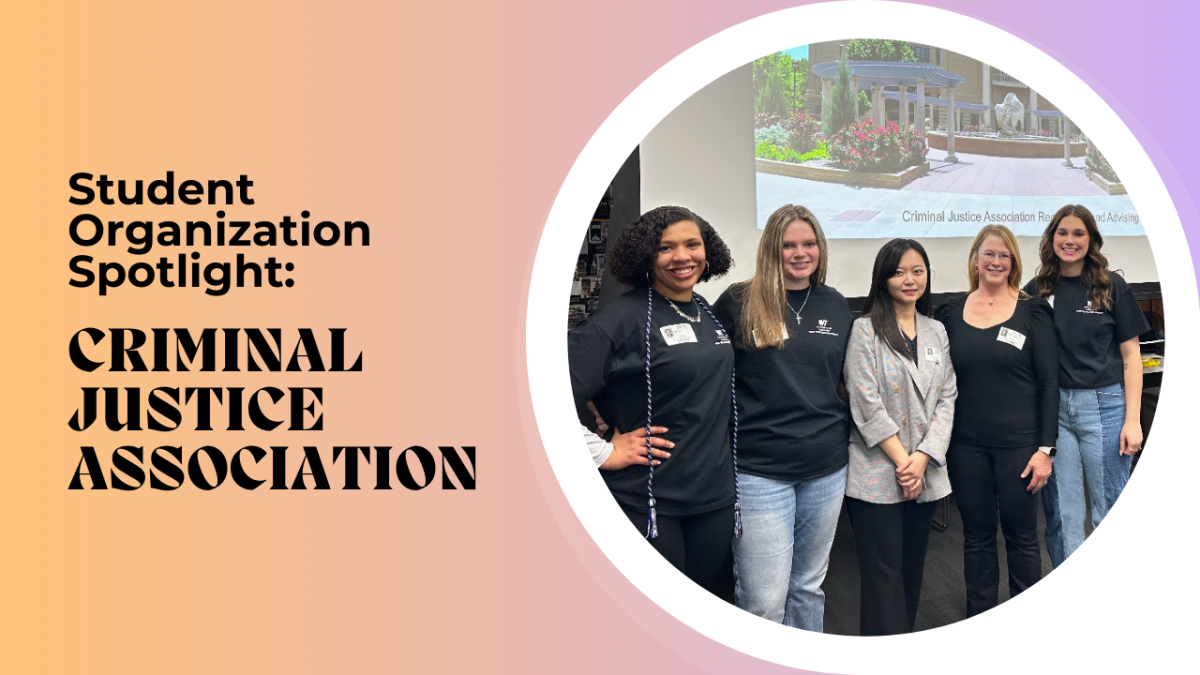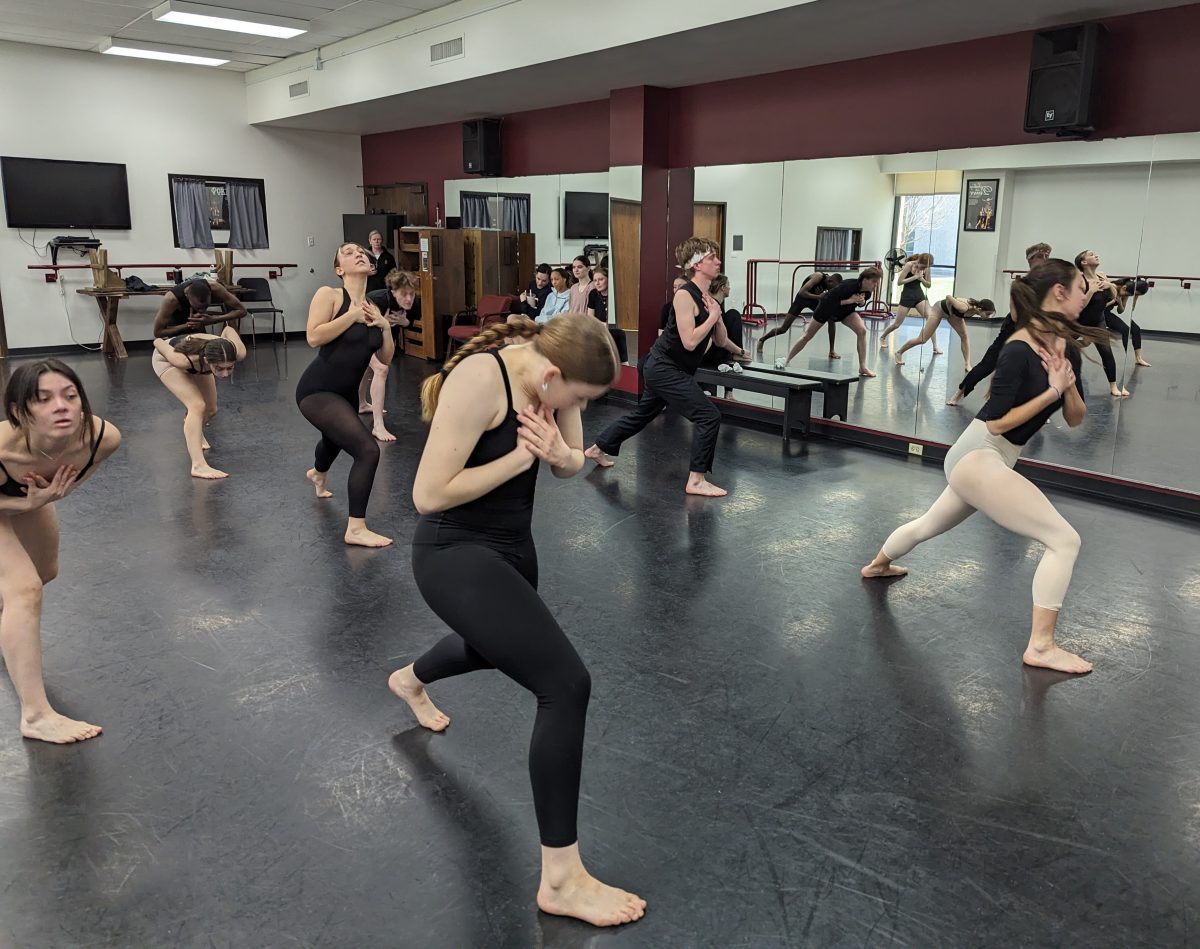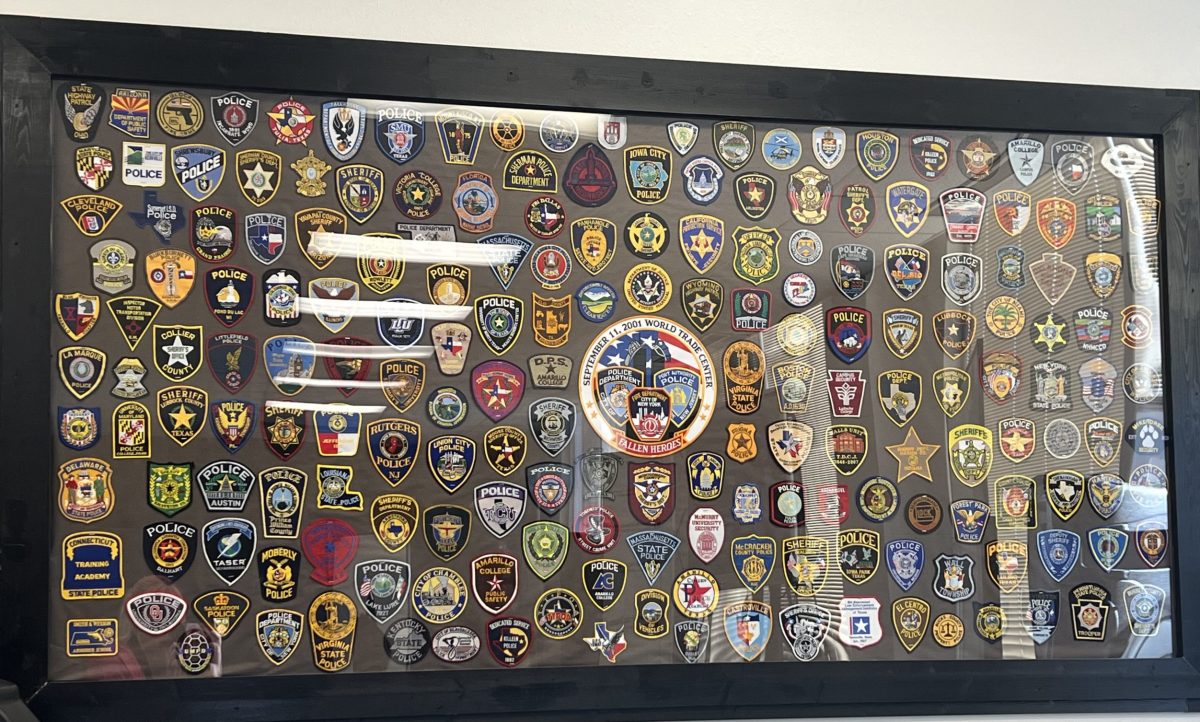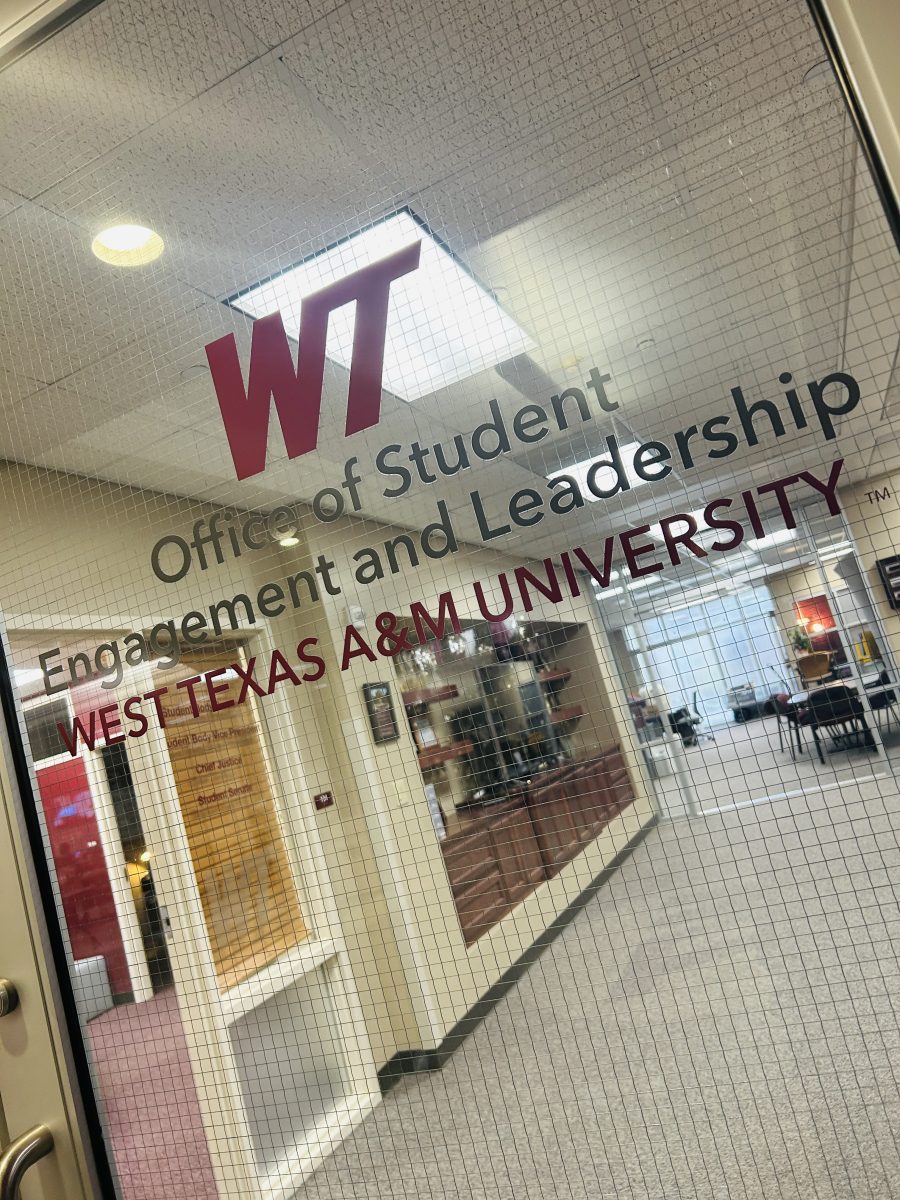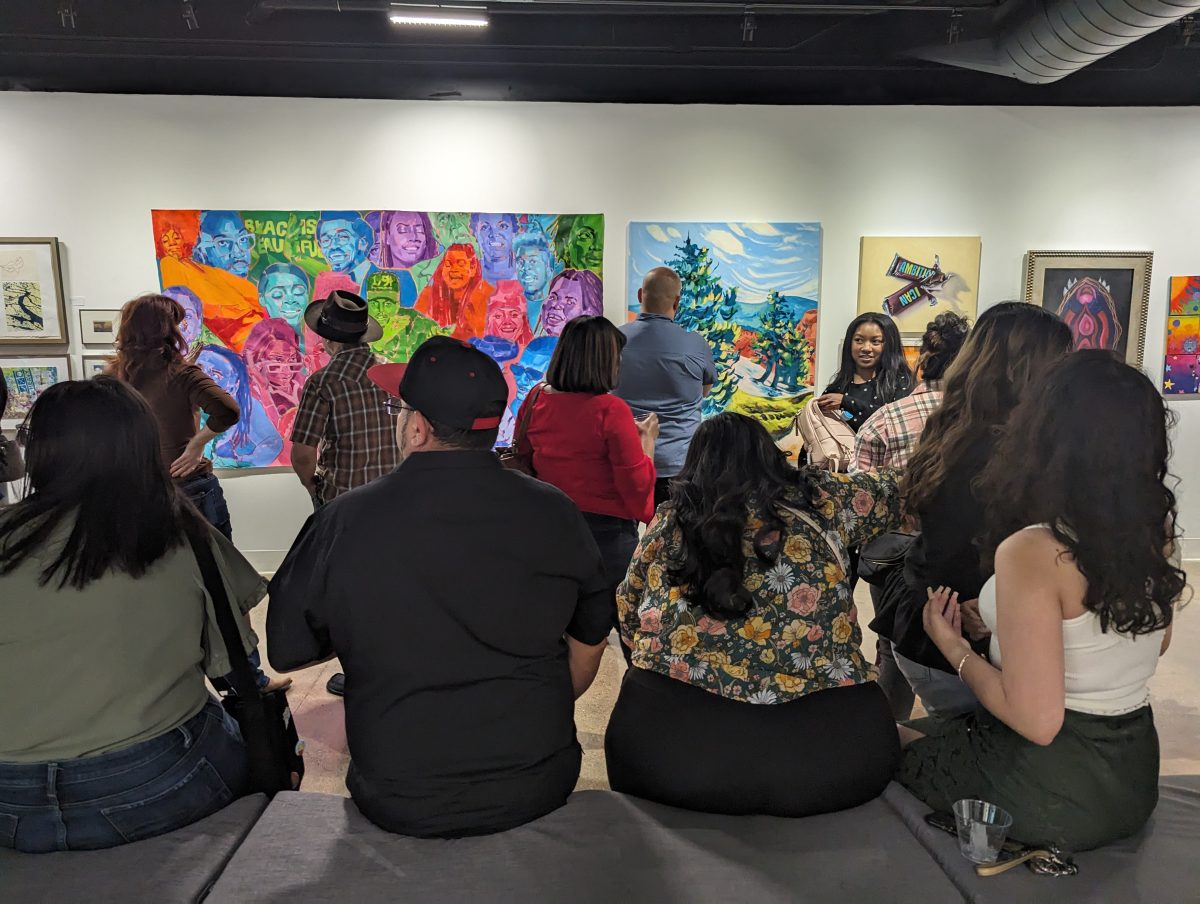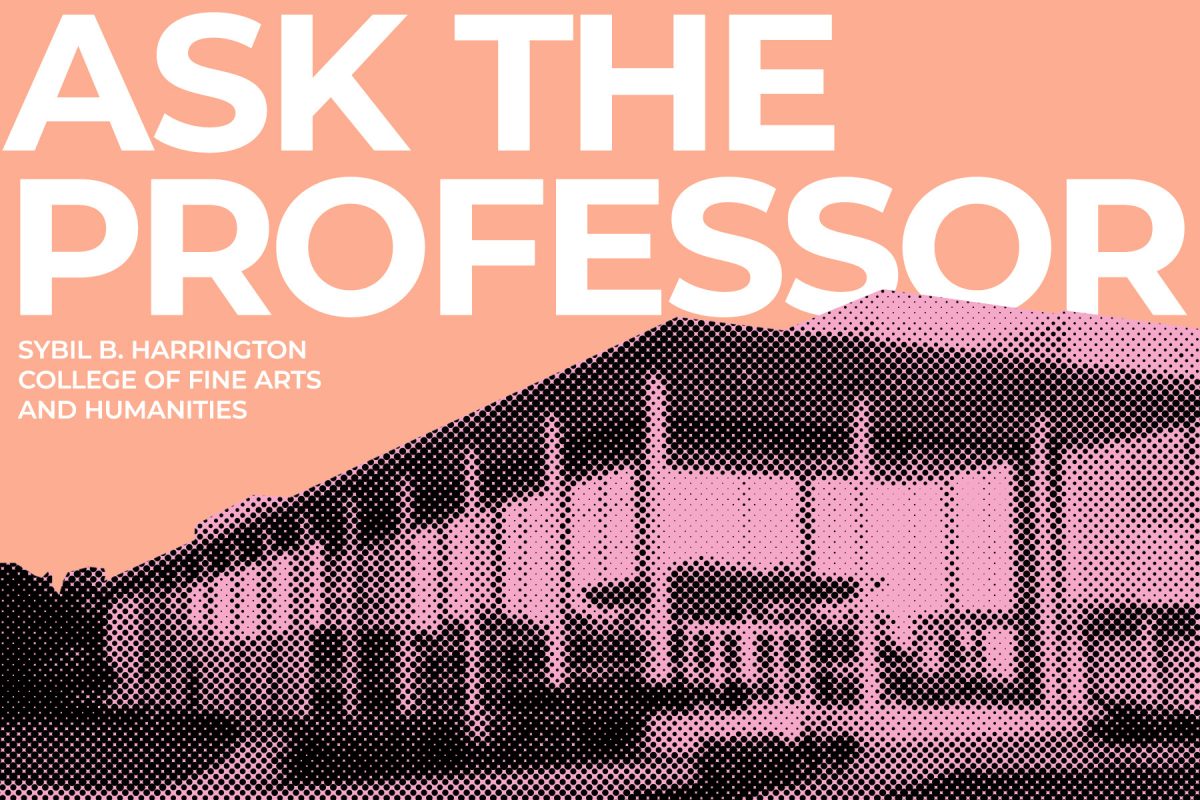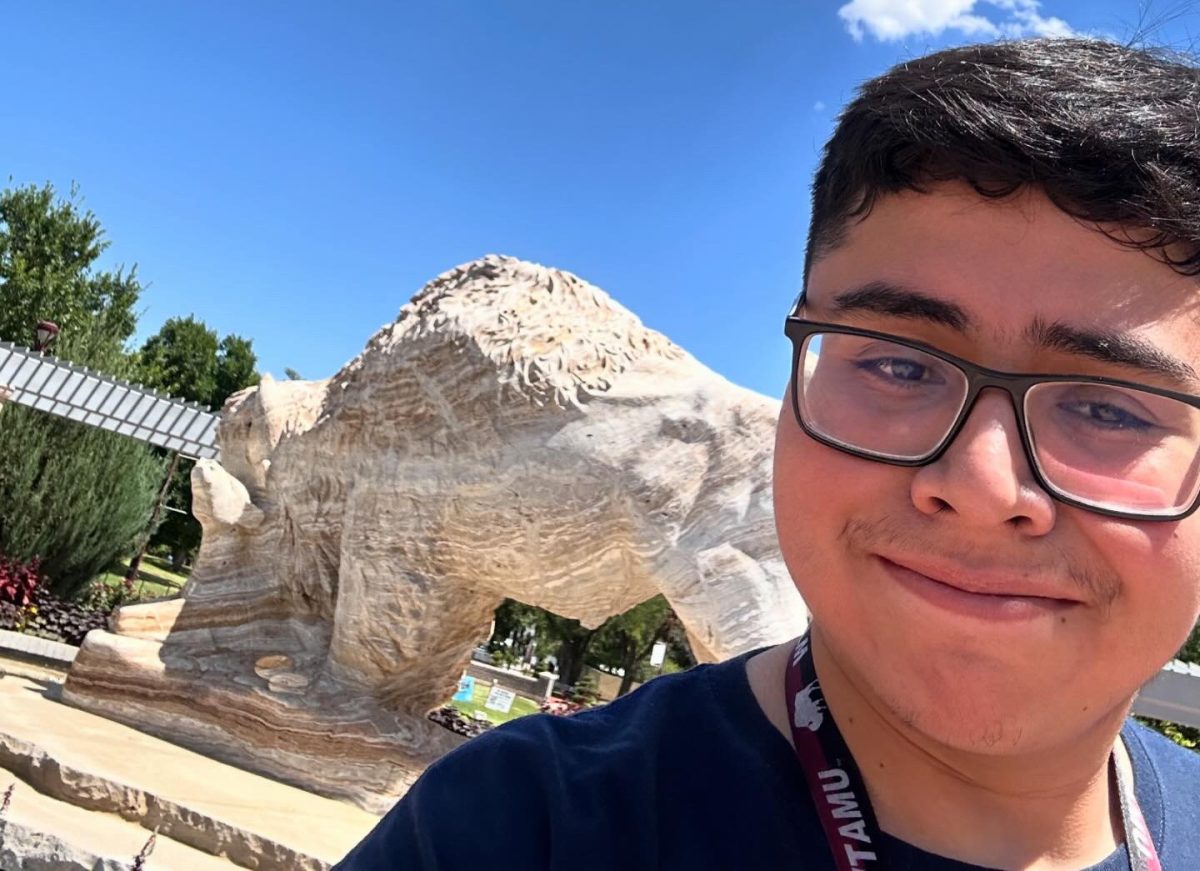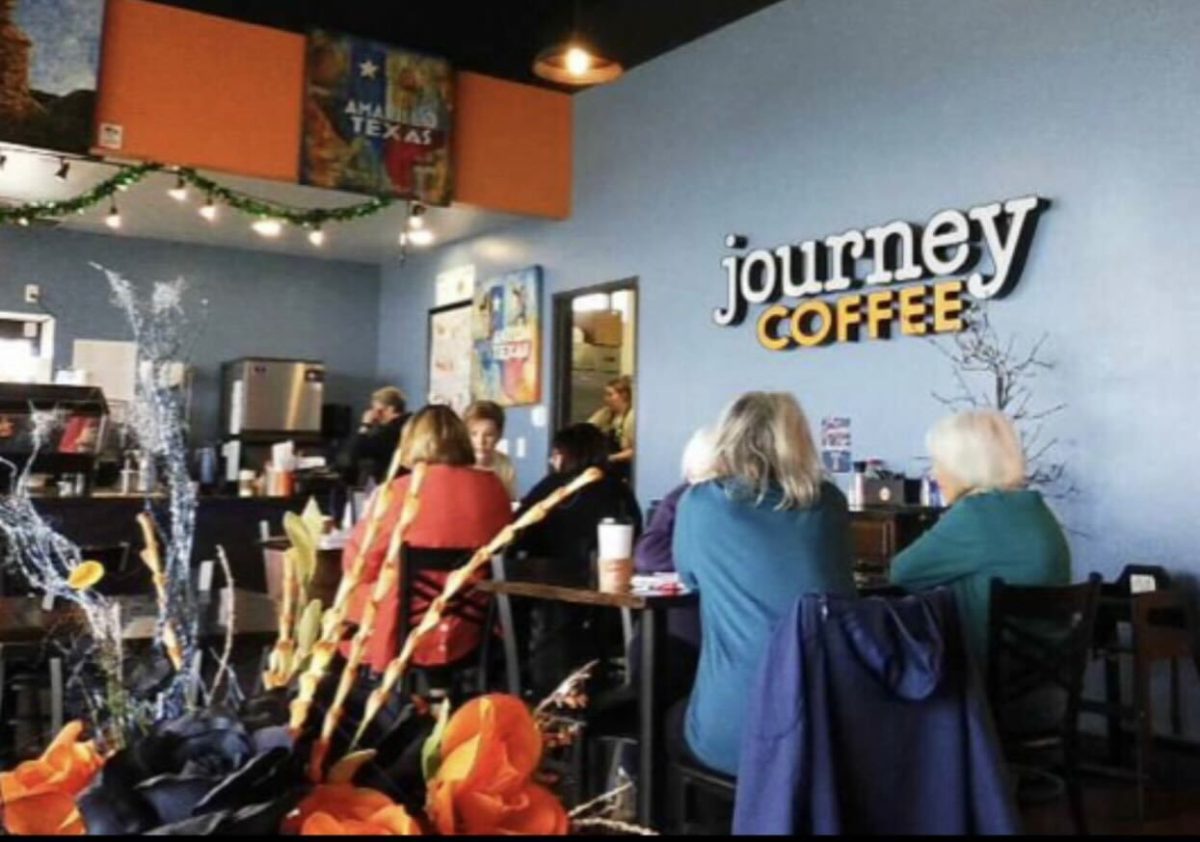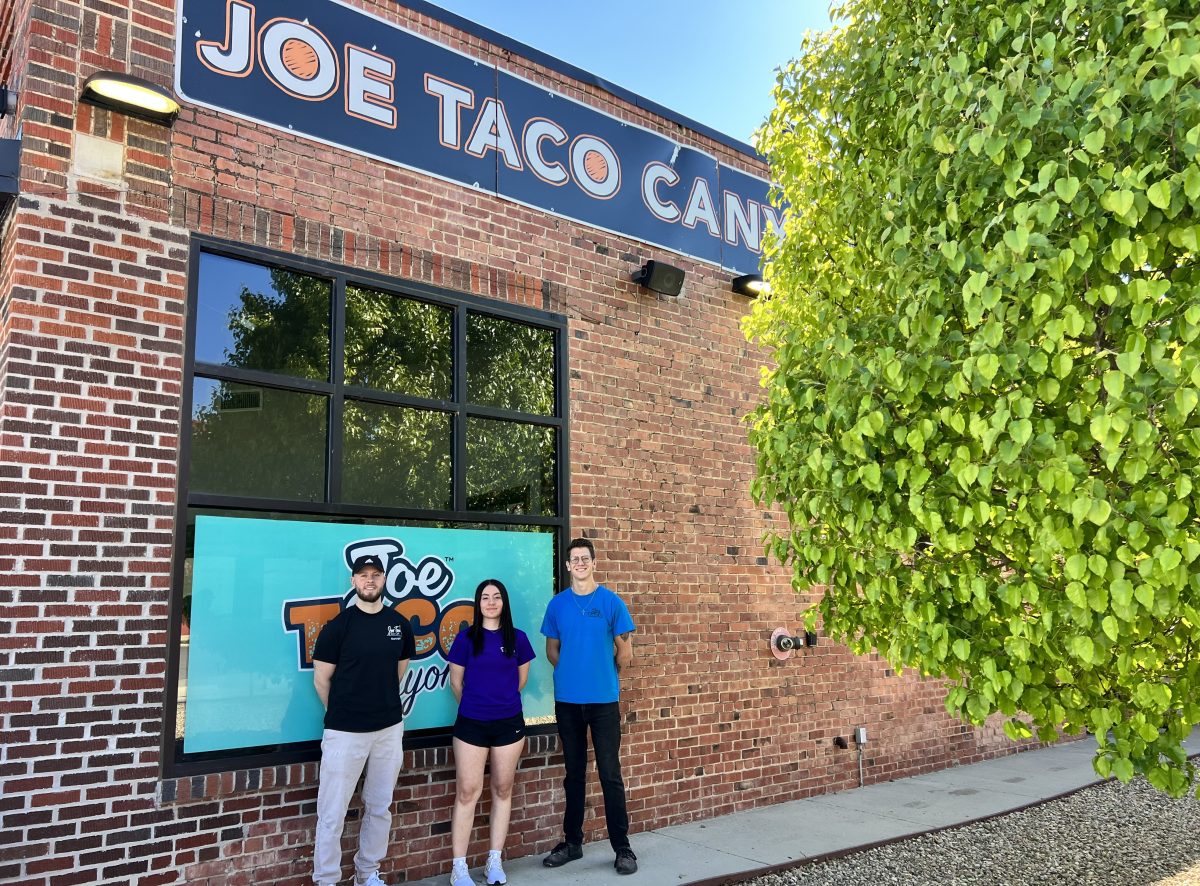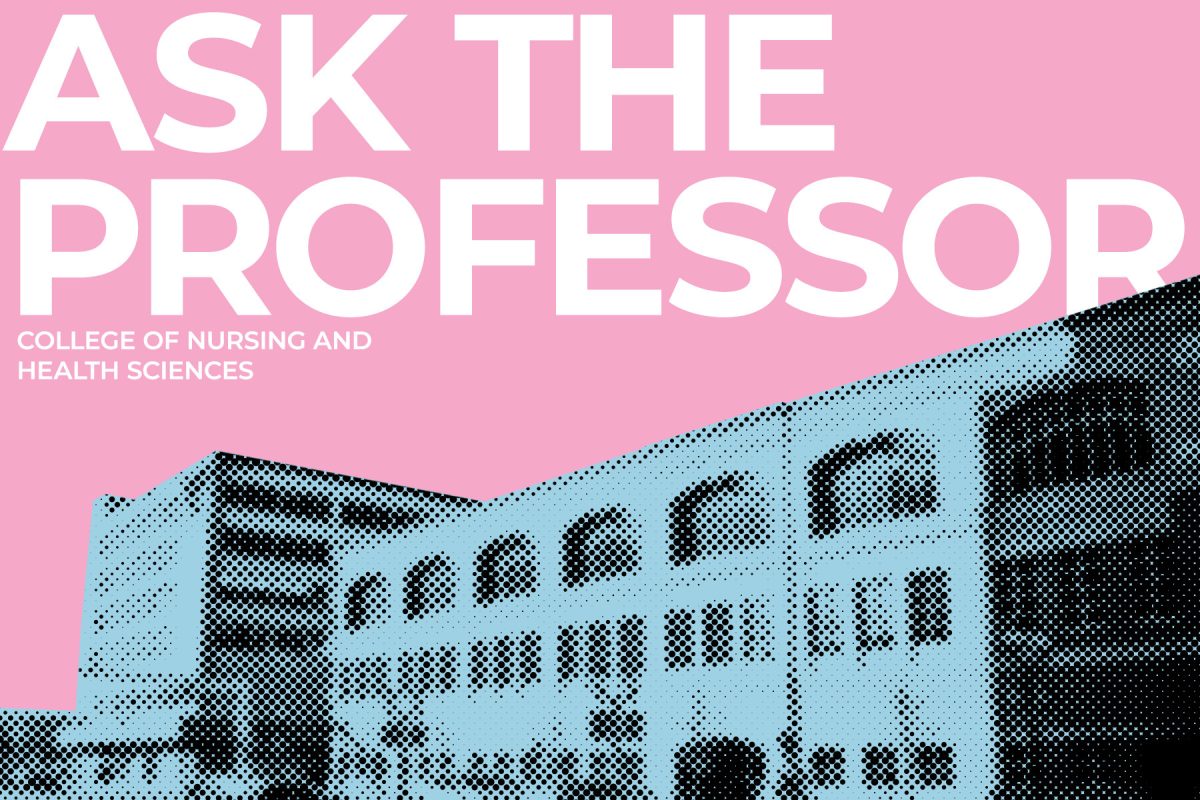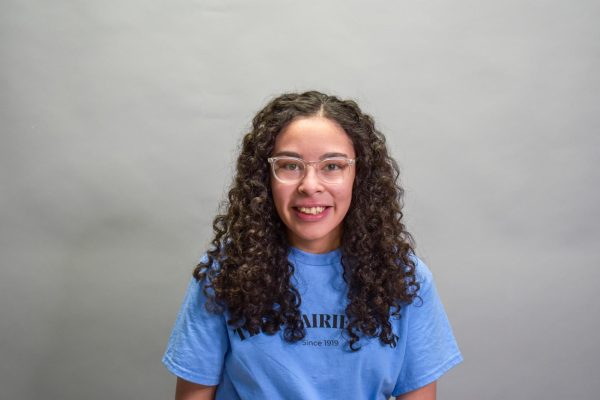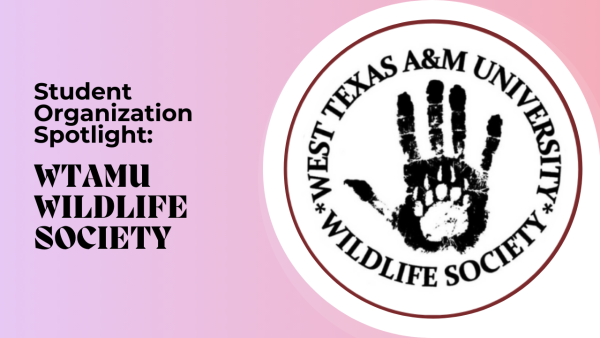
What is the Wildlife Society?
We are a student chapter of the International Wildlife Society, which basically means that we do, we do a lot of what the Wildlife Society does, but on a much smaller scale in a much more student-oriented scale… And the point of [the student organization] is just to kind of teach students about the Wildlife Society, especially wildlife biology students, and let them know, here are your resources, here are the ways to start getting involved. And here, it’s a good place to start networking before you get into the larger Wildlife Society, if that makes sense. Like you’re kind of you’re starting at a small end of the funnel, and you’re moving out into a much, much larger space once you’re actually a professional.
In what ways does the organization offer professional development within the field of wildlife?
We have speakers bi-weekly – roughly, – we tried to invite speakers from a bunch of different areas of wildlife biology. And the idea of that is there’s something for everybody. And wildlife biology is so diverse now that it’s hard. We try not to have speakers from just the Panhandle because [we had] urban wildlife biologists coming in… There’s something for everybody. And the idea is that [students] get to network with those professionals. The other half is we do a lot of volunteer work. We go out to Palo Duro Canyon very frequently to go help with their Star Tours and whatever else they have going on. We try to get our members out as much as possible because fieldwork is so vital to what we do.
When and where do y’all meet?
We meet in [the Natural Sciences Building] 101. We meet roughly bi-weekly at 7 p.m.. If it’s not bi-weekly, we have our whole schedule on our Instagram.
How many people are in your organization? Does it kind of fluctuate?
The most we’ve had at a meeting was around 50 people. As for like reoccurring members, we’ve about 30 people come in. It really all depends on who the speaker is.
Why is it important to have an organization like this on campus, especially one like WT?
I would say the most important one is that, with wildlife biology especially, networking is key. You need to get out in the field; you need to work with professionals from the start. Like, I was out volunteering when I was still a senior in high school. So, networking is a huge, huge thing, and this is kind of the first step into getting into that… If you know that you want to get more involved in the wildlife biology field, being consistent with your student chapter is huge… I think the second [reason], though, would be volunteering and getting field opportunities. Another thing we do is that all of our officers, and even some of our previous officers and members, will identify volunteering opportunities in the area and beyond. And we will disperse that information [to our members].
How can people stay in touch or contact or even get involved with the Wildlife Society?
We do have an Instagram, @wtamutws, just all squished together. We post our meeting updates there, we post volunteer opportunities there, we post internship opportunities there. If something is going on in the Wildlife World, and we know about it, and we know that our members can potentially get involved, we post it… You can also get on our email list; The best way to do that is to come to a meeting and sign [up]. We have a little sign-in sheet and [you] just give us your email if you want to be added to the email list. We will add you and that’s where we put up internship updates. That’s where we put volunteering opportunities, meeting updates, our newsletter goes through there. I want to say the meetings are also the best way to stay involved with us. We have some members who work. We understand it’s really tough [to attend meetings]; Thursday nights are really hard. But if you are able to come to a meeting, do it.
Do y’all have any plans for the future?
I think the biggest thing in our future is going back to the Texas Chapter Meeting just because it was in Houston, and that is a haul. That’s a lot of time and a lot of planning… But if you start [attending meetings] next year, and you really want to go to Texas Chapter Meeting, start connecting with the officers as soon as possible, because the more interest there is, the more likely they are to go… And we’re still doing some volunteer opportunities and still sending out information. But we would still like to go to the Texas Herpetology Society meeting. That will be in Muleshoe. So it’s a much smaller trip, but that will probably be our last trip of the year.
Is there anything else you’d like to share about your organization?
I mean, one of my favorite things about my organization is that we are so tightly-knit. I think the main thing I’ve heard is that it can sometimes seem cliquey. But I think that’s just because… you find your clique… And when you’re new to the organization, it can be really hard to find your people. So, one of the things that we highly recommend is just to talk to people… We just really like to talk about the things we are really interested in.
What made you want to get involved with the Wildlife Society?
It was actually my mom who told me that the student chapter [existed]. I knew about the Texas Chapter and the International Chapter from [when] I had done the Texas Chapter’s [Wildlife Conservation Camp]. And it’s aimed at high schoolers who are thinking about doing wildlife biology or natural resources or fisheries or something like that… but my love for the Wildlife Society has grown as I’ve moved up in my studies. I guess the best way to put it is that my love for the organization has drastically grown since I first started. It’s such a tight-knit community, too.
You mentioned field experience and that’s one of the key components of your organization’s overall goals. So why is it important for students to get that hands-on experience, especially if they’re going to pursue a career in wildlife biology?
Field experience is super important. My first boss told me that your academics are really important. That’s, that’s how you’re gonna get your first job, your first internship, because you don’t really have anything else; you don’t have any jobs to back you up. So that’s where it’s most important is getting that first internship. That first internship is going to matter more than the rest of your academics. Like from there, it’s like a 50/50 split. Your experience in the field matters just as much as your academics. And the main reason there is that being booksmart is important, but being field smart and knowing how to handle yourself independently and with a team, and in inclement weather, and in hazardous conditions, that’s not something you’re going to really learn how to do in a classroom; Trying to explain the differences and how important academics are and how important fieldwork is, it’s two entirely different battles. But they’re both important. We prioritize both.
What is the Wildlife Society doing now to try and get their name out there and make sure that everyone knows that it’s an organization on campus?
We post all of our information on Instagram, we branched out into the residence halls and put up posters in there, that’s probably the best way we found to get people involved… We’ve tried putting posters up and other buildings, but it’s a lot of work… We’ve mostly relied on our Instagram to get information out… but as for community work, Palo Duro Canyon has been amazing working with us.
Do you have any last notes or comments?
We hear our members. If you want something from us, tell us, and we will like we’ll try to make it happen. We had a lot of members who were interested in volunteering opportunities, so we let them know. We have an email list specifically. I guess it’s a final note, like, tell us what you want. And we will do our very best to make it happen. Just because we know, like I said, wildlife is so broad, everybody wants to do something different. And that is perfectly fine, and that is normal. Don’t be afraid to ask for a particular [niche].



